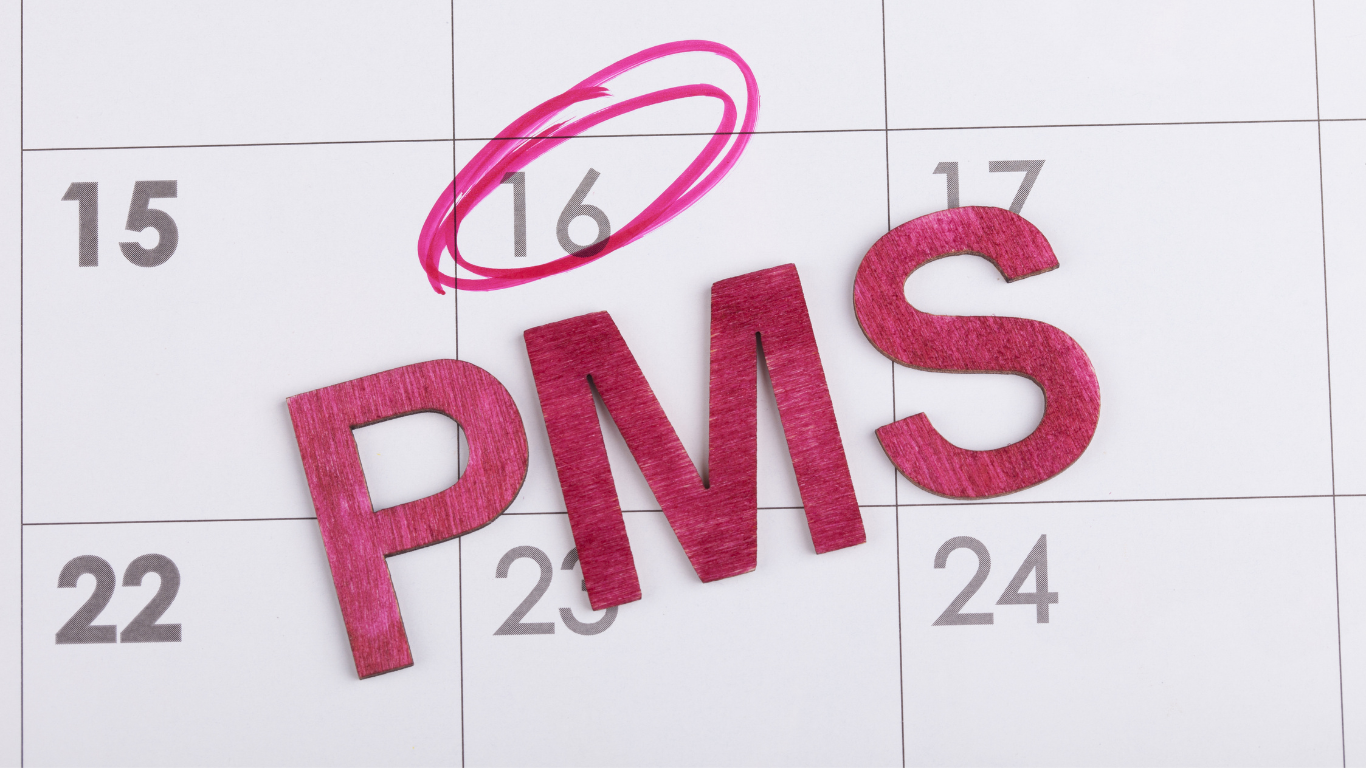
Disclosure: This blog post contains some affiliate links. The author will receive a small commission through some of the highlighted products but this did not influence which products have been recommended. Where discount codes have been provided, the author will not receive benefit as a result of you utilising the code – it’s just a gift for you!
What is the Best Inositol Supplement for PCOS?
If you have polycystic ovary syndrome (PCOS), you may have come across inositol as a supplement that can support fertility, hormonal balance, and metabolic health. But with so many options available, how do you choose the best inositol supplement for PCOS? In this guide, we’ll explore what inositol is, its benefits, the recommended dosage, and the best inositol supplement formulations to help manage PCOS symptoms effectively.
What is Inositol?
Inositol is a naturally occurring carbohydrate that plays a role in insulin signaling and cellular function. It is found in foods like whole grains, citrus fruits, nuts, and legumes. However, supplementation is often necessary for those with PCOS, as it can help address insulin resistance and hormonal imbalances.
There are two primary forms of inositol relevant for PCOS management:
- D-chiro-inositol (DCI): Works in synergy with myo-inositol but should be taken in a specific ratio alongside myoinositol for the best effects – more on that later.
- Myo-inositol (MI): The most bioavailable and well-researched form, making it the best myo-inositol supplement option.
Benefits of Myo-Inositol for PCOS
Women with PCOS often struggle with irregular periods, ovulatory dysfunction, and insulin resistance. Research suggests that inositol for fertility can provide the following benefits:
- Restores ovulation and improves menstrual cycle regularity
- Reduces androgen levels, helping to decrease excess hair growth and acne
- Increases clinical pregnancy rate in infertile women
- Reduces the need for gonadotropins, and efficiently reduces ovarian hyperstimulation
Myoinositol’s positive effects on women with PCOS were corroborated in a recent review of all the available evidence. The conclusion was that at a dose of 4 g per day (generally taken as 2g twice a day), three months prior to ovarian stimulation, myo-inosiol is effective at:
- Normalising ovarian function,
- Improving egg quality
- Improving embryo quality
Best Myo-Inositol Supplement for PCOS
Myo-inositol is one of the most well-researched supplements for PCOS and has been shown to significantly support ovulation, menstrual cycle regularity, and fertility outcomes. Taken at a dose of 4g per day (typically split into 2g twice daily), myo-inositol can help restore ovarian function, improve egg and embryo quality, and support metabolic health.
Myo-inositol alone, without D-chiro-inositol, can be effective in improving reproductive and hormonal parameters in women with PCOS. This makes it a reliable and evidence-based choice, particularly if you’re just starting with supplementation.
In addition to standalone myo-inositol, some individuals may benefit from a combination of myo-inositol and D-chiro-inositol in a 40:1 ratio. This ratio reflects the natural balance of these compounds in the ovaries and has been shown in studies to support both fertility and insulin sensitivity.
It’s important to note that supplements with ratios other than 40:1 are not supported by clinical evidence and may even have a negative effect on ovarian function when the D-chiro-inositol dose is too high.
When choosing an inositol supplement, opt for either:
- A pure myo-inositol product, or
- A combination 40:1 myo-inositol to D-chiro-inositol product.
Our best inositol supplement recommendations include:
- Zita West Inositol & Folate: A trusted option from a well-established fertility brand, combining myo-inositol with folate, ideal for those just beginning supplementation.
- MyOva Myo-Inositol & Folate: A popular UK option with 2g of myo-inositol per serving, taken twice daily to meet the research-backed 4g dose.
Use SEREHEALTHY15 for 15% off all MyOva products
Our best myo-inositol and D-chiro-inositol (40:1 ratio) recommendations include:
- Intimate Rose myo-inositol and D-chiro-inositol 40:1 : a Myoinositol & D-Chiro Inositol complex in a 40:1 ratio including vitamin D3 and Ashwaganda Root.
Use ROHUNTRISS for 10% off all Intimate Rose products
If you’re also looking to track your fertility more accurately, we recommend Tempdrop Fertility Monitor, an all-in-one wearable ovulation and fertility tracker. Use our discount code FDU15 for 15% off.
FAQs on the Best Inositol Supplement for PCOS
1. What is the best inositol supplement for PCOS?
The best inositol supplement for PCOS is either a myo-inositol supplement at a dose of 4g per day or a combination of myo-inositol and D-chiro-inositol in a 40:1 ratio, which mirrors the natural balance found in the ovaries.
Trusted myo-inositol products include Zita West Inositol & Folate or MyOva Myo-Inositol & Folate.
If you prefer a 40:1 combination supplement, look for products specifically formulated to provide this clinically supported ratio.
Our favourite is: Intimate Rose myo-inositol and D-chiro-inositol 40:1. Use ROHUNTRISS for 10% off all Intimate Rose products.
2. Can inositol improve fertility for women with PCOS?
Yes! Inositol for fertility has been shown to regulate ovulation, improve egg quality, and enhance insulin sensitivity, all of which can support reproductive health in women with PCOS.
3. How long does it take for inositol to work for PCOS?
Most women notice improvements in their cycle regularity and symptoms within 3 months of consistent use. However, individual responses may vary.
4. What is the difference between myo-inositol and d-chiro-inositol?
Myo-inositol is the dominant form in the ovaries and supports insulin function and follicular development. D-chiro-inositol plays a role in reducing testosterone levels but should not be taken in excess. Both myo-inositol and a 40:1 myo-inositol to D-chiro-inositol combination are some of the best PCOS supplements for fertility, either option can be used depending on individual needs.
5. Is inositol safe to take every day?
Yes, inositol supplements are generally safe for long-term use, but it is advised to consult with a healthcare practitioner or fertility specialist.
Final Thoughts
If you are looking for the best inositol supplement for PCOS, myoinositol or a 40:1 myo-inositol to d-chiro-inositol ratio is the optimal choice. Whether you are trying to conceive or simply managing PCOS symptoms, incorporating a high-quality inositol supplement can make a significant difference alongside making PCOS specific changes to your diet.
Pairing inositol for fertility with a PCOS-friendly diet and lifestyle modifications could enhance your fertility. Check out our specialist PCOS guides ;PCOS weight loss meal plan & guide and Lean PCOS meal plan & guide for further guidance.
This article was written by the Fertility Dietitian UK content team and reviewed by Ro Huntriss MSc RD, Consultant Dietitian and Founder of Fertility Dietitian UK.
Last reviewed: July 2025



